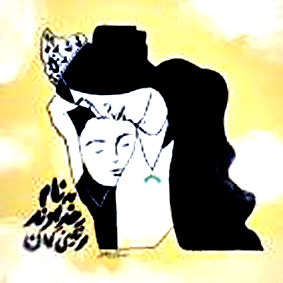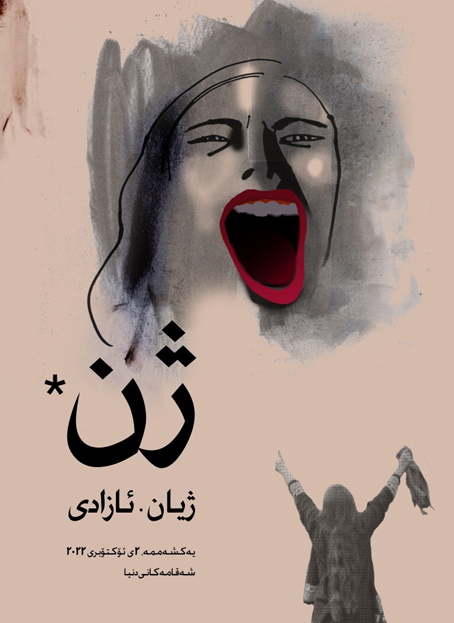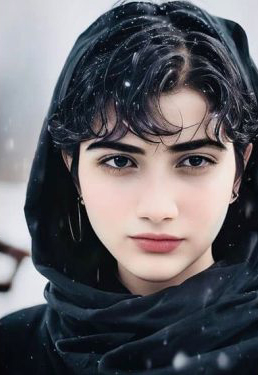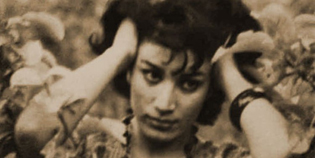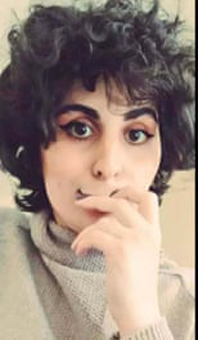|
CRY FREEDOM.net
formerly known as
Women's Liberation Front
MORE INSIGHT MORE LIFE
Welcome to cryfreedom.net,
formerly known as Womens
Liberation Front.
A website
that hopes to draw and keeps your attention for babout the 21th. century feminist revolution as well especially the Zan, Zendegi, Azadi uprising in Iran and the
and the uprisings of our sisters in other parts of the Middle-east. This online magazine
that started December 2019 is published every week. Thank you for your time and interest.
Gino d'Artali
indept investigative
journalist
radical feminist and women's rights activist
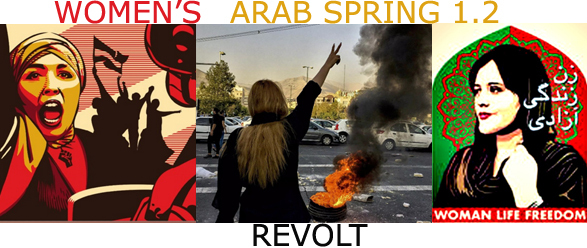
You are now at the
Iran 'Woman, Life, Freedom' section
For the 'Women's Arab Spring 1.2' Revolt
news
click here |
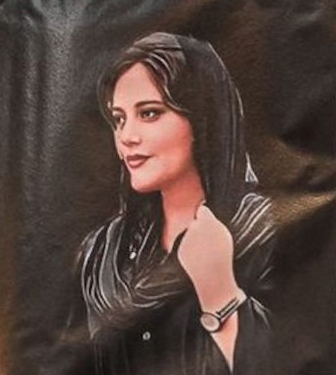
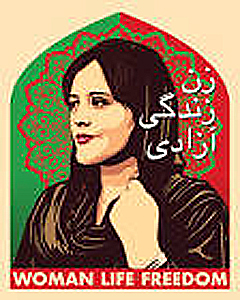
JINA MAHSA AMINI
The face of Iran's protests. Her life, her dreams
and her death.
In memory of Jina 'Mahsa' Amini, the cornerstone of the 'Zan.
Zendegi. Azadi revolution.
16 February 2023 | By Gino d'Artali
And also
Read all about the assasination of the 22 year young
Jina Mahsa Amini (Kurdistan-Iran) and the start of the Zan,
Zendegi, Azadi (Women, life, freedom) revolution in Iran
2022-'24
and the latest news about the 'Women Live Freedom' Revolution
per month in
2024:
Feb wk4 --
Feb wk3 part3
--
Feb wk3 part2
--
Feb wk3
--
Feb wk2 part3
--
Feb wk2 part2
--
Feb wk2 --
Feb wk1 --
overview per month
and 2023:
Dec wk 5 part 2 -- Dec wk 5
--
Dec
week 4-3 --
Dec wk3
--
Dec 17 - 10
--
Dec week 2 and 1
--
click here for a menu overview November - Januari
2023
And
For all topics below
that may hopefully interest you click on the
image:
|
'THE NO-HIJABIS
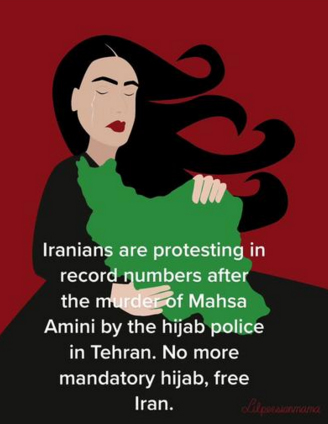
Updated February 5, 2024 |
'BIOLOGICAL
TERROR ATTACKS
AGAINST SCHOOLGIRLS'
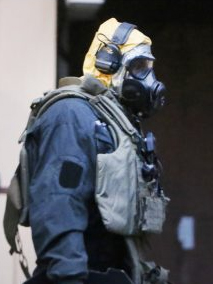
Updated October 10, 2023 |
'IRANIAN JOURNALISTS
UNDER SIEGE'

Updated February 5, 2024 |
'BLINDING
AS A WEAPON'
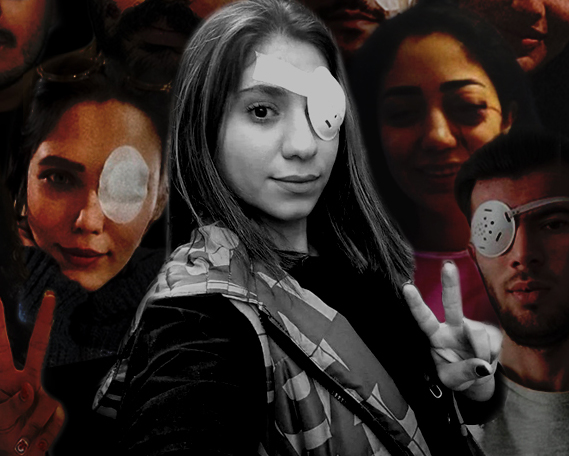
Updated January 3, 2024 |
'THE HANGING SPREE'
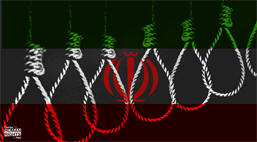
Updated Januari 24, 2024
|
CLICK HERE ON HOW TO READ
ALL ON THIS PAGE
|
Here we are to enter THE IRANIAN
WOMEN'S REVOLUTIONISTS against
the supreme leader, the arch-reactionary Ayatollah Ali Khamenei,
and his placeman president, Ebrahim Raisi. The message of
the women when he visited a university is plain: <give way or
get lost> in 2023.
IN MEMORY OF ASRA PANAHI (16)- JHINA MAHSA AMINI (22) - NIKA SHAKARAMI (16), SARINA ESMAILZADEH (16) HADIS NAJAFI (20), AND MORE WOMEN WHO WERE ASSASINATED SO
FAR BY THE IRANIAN AXIS OF EVIL.
Click here for a total list so far
'Facing Faces and
Facts 1-2' (2022) to commemorate the above named and more and food for
thought and inspiration to fight on.
and 'Facing Faces & Facts 3' edited
December 2022/March 2023
Dear reader, from here on the 'Woman,
Life, Freedom' pages menu will look a bit different and this
to avoid too many pop-ups ,meaning the underlined period
in yellow tells you in what period you are and click on another
underlinded period to go there. However, when needed a certain
topic will be in yellow meaning it's a link to go that topic and
will open in a new window. If you dissagree about any change feel more than free to let me know what you
think at
info@cryfreedom.net
This does not count for the above topics which, when
clicked on, will still appear in a pop-up window and for now the
'old' lay-out 'till I worked that all out. Thank you. Gino
d'Artali
(Updates February 23, 2024)
|
December 31,
2023 - Preface about the below 3 heroines of Iran by
Gino d'Artali : Beacons of hope and inspiration on the
road towards a long and free Iran . * Jina Amini,
our sister/daughter who martyred herself for freedom;
*Narges Mohammadi, our sister and as I call her 'mother
of a free Iran' and winner of the Nobel Prize of Freedom
2023 and sentenced five times to a total of 31 years in
prison and 154 lashes but who refuses to give in to the
mullahs' regime to wear a hijab or bow to their demands
and therefore is refused medical care although needing
it badly and bringing her live in danger but says "Victory
is not easy, but it is certain" * and Maryam
Akbari Monfared, our sister who's encarcerated since
15 years and refuses to bow down to the mullahs saying "Finally,
one day, I will sing the song of victory from the summit
of the mountain, like the sun. Tomorrow belongs to us"
Read all about them here and let them inspire you on
your road towards a long and free Iran or as we say in
the West: 'Three strikes and the mullahs' regime is out'
Be the finalizing strike dear and brave dissent
|
|
A to VICTORY tribute to
NARGES MOHAMMADI
Update February 9, 2024
"Mohammadi urges the world body to
"declare gender and sex apartheid as a crime against
humanity in international legal documents. For decades,
Iranian women's lives have faced various forms of sex
and gender-based discrimination under the shadow of the
Islamic Republic government,"
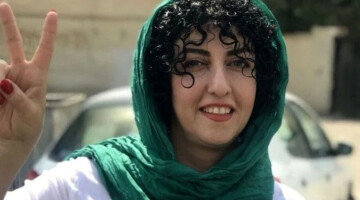
"Victory is not easy, but it is certain"
watch it here :
https://www.youtube.com/watch?v=8LAMPz57Aqw
Updates:
January 23, 2024
"The more of us they lock-up the
stronger we become"...
Click here for a news-overview
from January 15, 2024 'till October 31, 2023 |
JINA AMINI'S VOICE IS ALSO HEARD
And do read the incredible update!
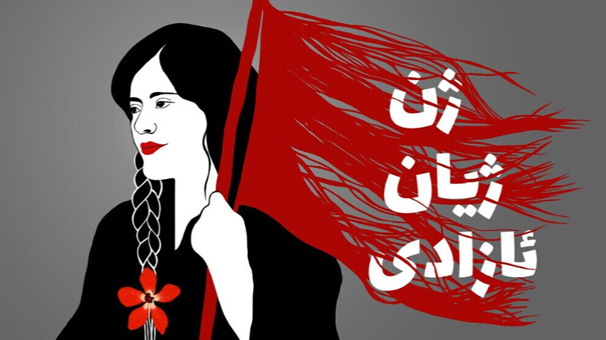
despite the mullahs'
regime to force it down!
And her mother speaks
out loud and clear
|
MARJAM AKBARI
MONFARED
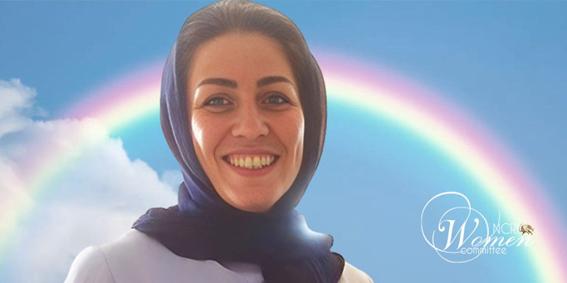
Dec 30, 2023: Not bowing for the mullahs' regime
she says:
"Finally, one
day, I will sing the song of victory from the summit of
the mountain, like the sun. Tomorrow belongs to us"
|
|
When one hurts or kills a women
one hurts or kills hummanity and is an antrocitie.
Gino d'Artali
and: My mother (1931-1997) always said to me <Mi
figlio, non esistono notizie <vecchie> perche puoi imparare qualcosa da
qualsiasi notizia.> Translated: <My son, there is no such thing as so
called 'old' news because you can learn something from any news.>
Gianna d'Artali.

Forough Farrokhzad
NCRI - Womens committee -13 Jan 2024 - in Famous Women
<<Forough Farrokhzad, a poet for all ages
Forough Farrokhzad (December 29, 1934 - February 13, 1967) was the first
Iranian poet to promote the culture of women in poetry.
Expressing her thoughts on discrimination and inequality, Forough
described Iranian women’s untold suffering.
In a letter dated January 2, 1956, Forough wrote, "My wish is for
Iranian women to be free and equal to men. I am fully aware that my
sisters in this country suffer from men's injustices, and I use half of
my art to articulate their pain and anguish. My wish is for Iranian
women to be free and equal to men. I am fully aware that my sisters in
this country suffer from men's injustices"
"I need poetry above eating and sleeping, something like breathing."
Forough Farrokhzad was born in Tehran on December 29, 1934. A famous
contemporary Iranian poet, she published a collection of five volumes:
Captive, Wall, Rebellion, Another Birth, and Let Us Believe in the Dawn
of the Cold Season.
Forough's poetry symbolizes a woman imprisoned by ancient traditions and
seeking the light. Her depth and thoughtfulness were perfectly
articulated in her work, Another Birth, published in 1963.
Another Birth dealt with the social conditions of the time, including
dictatorship. In this work, Forough described a lonely woman who was on
the verge of a cold season, and therefore seeking light and heat.
"And this is I
a woman alone
at the threshold of a cold season
at the beginning of understanding
the polluted existence of the earth
and the simple and sad pessimism of the sky
and the incapacity of these concrete hands."
For Forough Farrokhzad, poetry was not for entertainment. Rather, it was
a means to achieving a goal
For Forough Farrokhzad, poetry was not for entertainment. Rather, it was
a means to achieving a goal. Describing poetry, she said, "It's a
responsibility I feel for myself." She equated being a poet with being
human, saying, "One must be a poet at all times, not just during poetry."
But she believed deeply that she needed to first make and complete
herself.
Forough's brilliance in poetry draws from the human content of her works.
After the Shah's coup d’etat against Iran’s nationalist leader Dr.
Mohammad Mossadeq, she called all of Iran a prison. In her poetry,
Forough longed for a bright future that was free of oppression and
darkness.
"Someone is coming,
someone is coming,
someone who in his heart is with us,
in his breathing is with us,
in his voice is with us,
someone whose coming
can't be stopped
and handcuffed and thrown in jail…"
Forough Farrokhzad's works have been translated into English, Turkish,
Arabic, Chinese, French, Spanish, Japanese, German, and Hebrew.
Forough Farrokhzad's works have been translated into English
Cinema as a means of expression
In addition to writing poetry, Forough focused on cinema.

The house is black
In 1962, Forough Farrokhzad made the film, "The Dark House," featuring
lepers and their living conditions in a leper colony. The film reflected
Forough's deep emotions about disadvantaged people. The film won the
Best Documentary Award at the Oberhausen Film Festival in Germany in the
winter of 1963.
"Cinema is a means of expression for me," Forough said of her cinematic
debut. "If I've written poetry all my life, it doesn’t mean that poetry
is the only means of expression. I like cinema. I will work in any other
field I can. If I can't write poetry, I'd act in the theater. If I can't
act, I'd make a movie. What’s important is for me to be able to express
myself, of course if I have anything to express."
The greatest woman poet of the millennium
"A thousand years of literary history will recognize Forough as the
greatest woman poet," said Mohammad Reza Shafi'i Kadkani, a contemporary
poet. "No intellectual has fought tradition better than Forough did."
Pen masters equate her artistic value to that of the prominent Iranian
poet, Ahmad Shamlou. No article or conversation could do Forough's work
justice. She was one of the greatest contemporary Iranian poets who
remembered to fly and achieve unity and light in her poems.
"Why should I stop?
I am a descendant of the trees;
breathing stale air depresses me;
a bird which died advised me to remember the flight;
the ultimate extent of powers is joining
with the bright origin of the sun
and pouring into the understanding of light;
Why should I stop?"
Tragically, Forough lived for only 32 years. She was killed in a car
crash on February 13, 1967.
Forough held the deep belief that love is the only cure for humanity.
She wrote:
"Do goodness then forget it, someday it will grow."
The mullahs' misogynous and anti-culture regime banned Forough
Farrokhzad's books at the annual book exhibition in Tehran. The regime
also prohibited publishers and bookstores from displaying her posters.
(The state-run Tabnak website - May 11, 2011) In 2016, Forough
Farrokhzad's home in Tehran's Darrouss neighborhood was demolished. On
November 2, 2016, the state-run Mehr news agency reported that a
five-story residential building was being built in place of the home of
Forough Farrokhzad.>>
Source:
https://women.ncr-iran.org/2024/02/13/forough-farrokhzad-a-poet/
Noteworthy by G. d'A.: Since ever I, as a poet myself and women's right
activist, have adored our dear sister and poetress Forough Farrokhzad
for her I'd say immortal poetry and with them contributions to halt the
oppression of women. It is really impossible to say which is my nr.1
poem but this one has a very special, or call it childish, place in my
heart:
Forough Farrokhzad
Translated by Hassan Javadi & Susan Sallee
Published in "Another birth"
"The Bird was only a Bird
"Ah, what fragrance, what sun!" said the bird
"Spring has come,"
"I will go seek my mate."
The bird flew off edge the veranda's edges,
it flew like a message and hasteded away.
The bird was small.
The bird didn't think.
He read no newspapers
nor had any loans.
The bird did not know people.
In the air
above the red lights of danger,
in the heights of oblivion the bird flew
and experienced madly
the moments of azure blue.
The bird, ah, was only a bird."
Click here to watch her movie
"The House is black"
Women's
Liberation Front 2019/cryfreedom.net 2024




